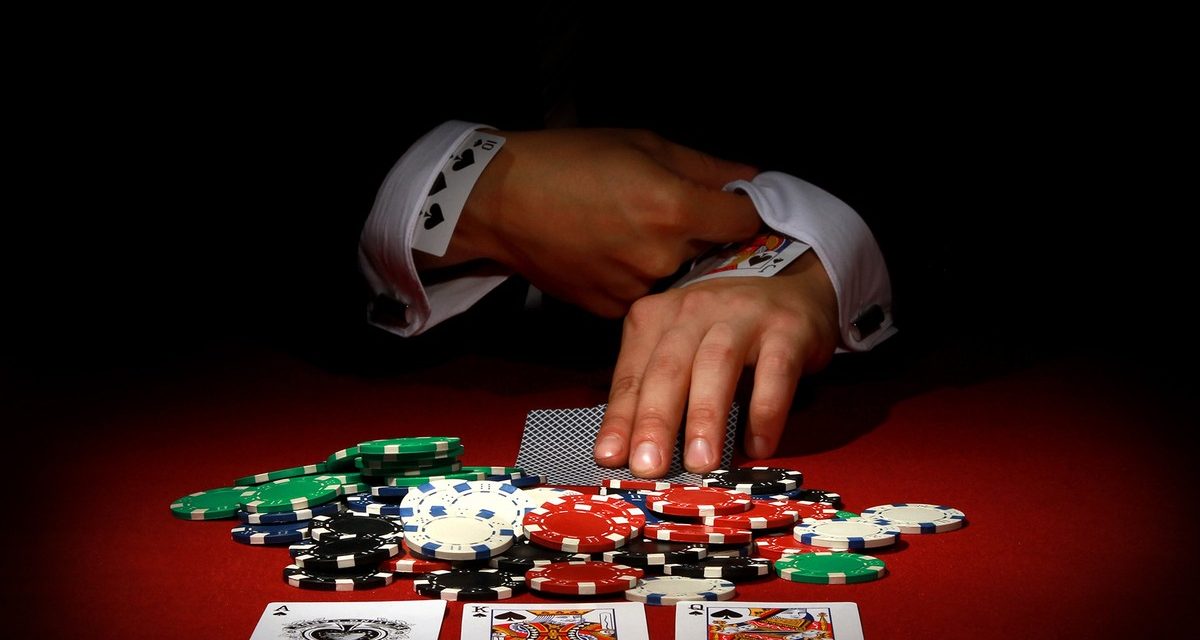poker benefit
Poker is a game of skill, not luck. It requires players to make decisions based on information about the cards they hold and the cards held by their opponents. The best players use their knowledge of the game to outsmart their opponents. They do this by making educated guesses about what their opponent holds and how he or she plays. This is why poker is so great for improving decision-making skills. Check out the best poker sites in india.
The first benefit of playing poker is that it helps improve your memory. You will remember things better if you play poker regularly. This is because you will need to recall information about cards, hands, betting strategies, etc., which will help you memorize new material. Playing poker also makes you think faster. You will have to make decisions quickly and accurately. This requires you to focus on the game and not let distractions distract you.
The most important skill for playing poker is knowing how to read people. You must know your opponents well enough to figure out whether they are bluffing or telling the truth. This requires a lot of reading between the lines. It also helps if you can tell when someone is lying. Knowing these things allows you to make better decisions about which cards to play and which ones to fold.
The most common type of poker played today is Texas Holdem . It involves two players sitting across from each other at a table. Each player is dealt five cards face down. Then, the dealer turns up his hand revealing three community cards and two personal cards. Players must decide whether to fold or call on their hands. If both players choose to play, the pot is split between the winners.
Poker is a game where two people play against each other using cards. The object of the game is to get rid of all your cards before your opponent gets rid of theirs. You do this by making the best hand possible. This involves getting the highest value cards possible.
Poker is a game where two or more people play against each other using cards. The object of the game is to make the best hand possible out of your own set of cards, while trying to beat your opponent’s hand. You can use any combination of cards, but there are some rules about which ones you can use.
Poker is a game where two or more people play against each other using cards. The object of the game is to win money by having the best hand when the final round of betting comes around. It is played with a standard 52-card deck of playing cards. Each player receives five cards face down and one up on the table. Players may bet any amount of money before the flop, turn or river. The winner of the pot gets to choose which order he wants to receive his cards.
Poker is a game that everyone can play. It doesn’t matter if you’re tall, short, young, old, male, female, rich, poor, black, white, Asian, Hispanic, gay, straight, Christian, Muslim, Buddhist, Hindu, Jewish, atheist, agnostic, liberal, conservative, Democrat, Republican, socialist, communist, libertarian, anarchist, Green Party, Libertarian Party, Socialist Party, Communist Party, etc. You don’t need any special skills or equipment to play poker. All you need is a deck of cards and a table.
Poker teaches people how to handle money well. It teaches people to be cautious about spending too much on things like food, clothing, entertainment, etc. It teaches people to save up money for emergencies and to invest wisely. It teaches people to avoid gambling if they don’t want to lose all their money.
Poker requires a lot of skill. It is a game where you must make decisions based on your knowledge of the cards in front of you. You may think you know what someone else is holding, but if you don’t know for sure, you should fold. This is because there is no way to tell if they are bluffing or not. In addition, you need to use your intuition to decide when to call or fold.
Poker teaches players to deal with pressure and anxiety. It’s a game where you must make quick decisions based on incomplete information. You may feel like you’re playing against someone who knows more than you do, so you have to keep up with them. This makes it difficult to read your opponent’s body language and facial expressions. In addition, there are many variables that can affect the outcome of the hand, such as luck, bluffing, and betting patterns. These factors can cause players to get nervous and lose focus. However, if you remain calm and collected, you can use these negative feelings to your advantage. By learning to control your emotions, you can become better at reading others and making good decisions.










